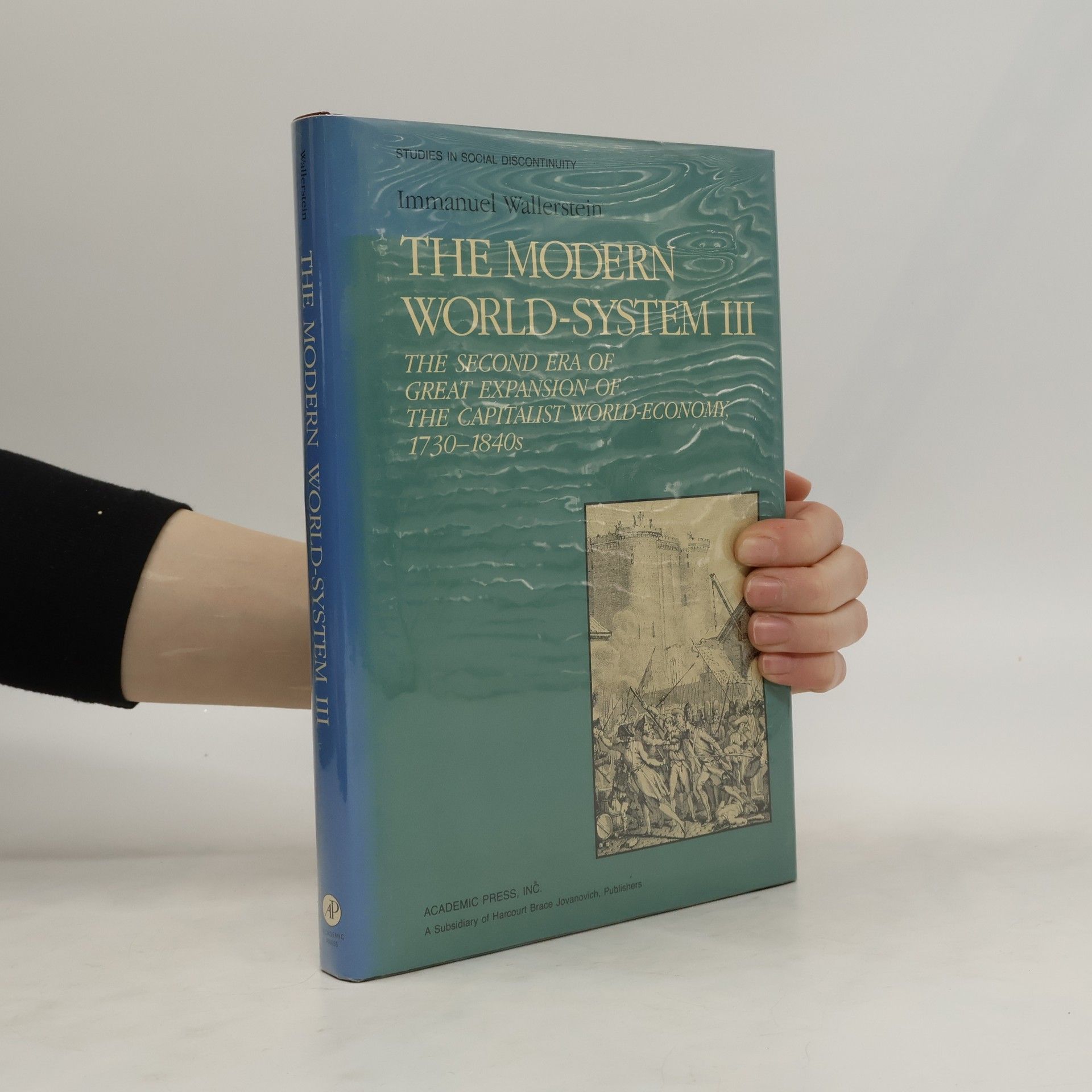Phases of the Moon
- 256pagine
- 9 ore di lettura
While in-depth cultural histories have been devoted to such classic horror monsters as the vampire, the zombie and Frankenstein's tragic creature, the cinematic werewolf has long been considered little more than the 'beast within': a psychoanalytic analogue for the bestial side of man. This book, the first scholarly study of the werewolf in cinema, redresses the balance by exploring over one hundred years of werewolf films - from The Werewolf (1913) to WolfCop (2014) via The Wolf Man (1941) and An American Werewolf in London (1981) - to reveal the cultural significance of she-wolves and wolf-men as evolving metaphors for the cultural fears and anxieties of their times. In doing so, it illustrates how we can begin to understand one of our oldest mythical monsters as a rich and diverse cultural metaphor.


